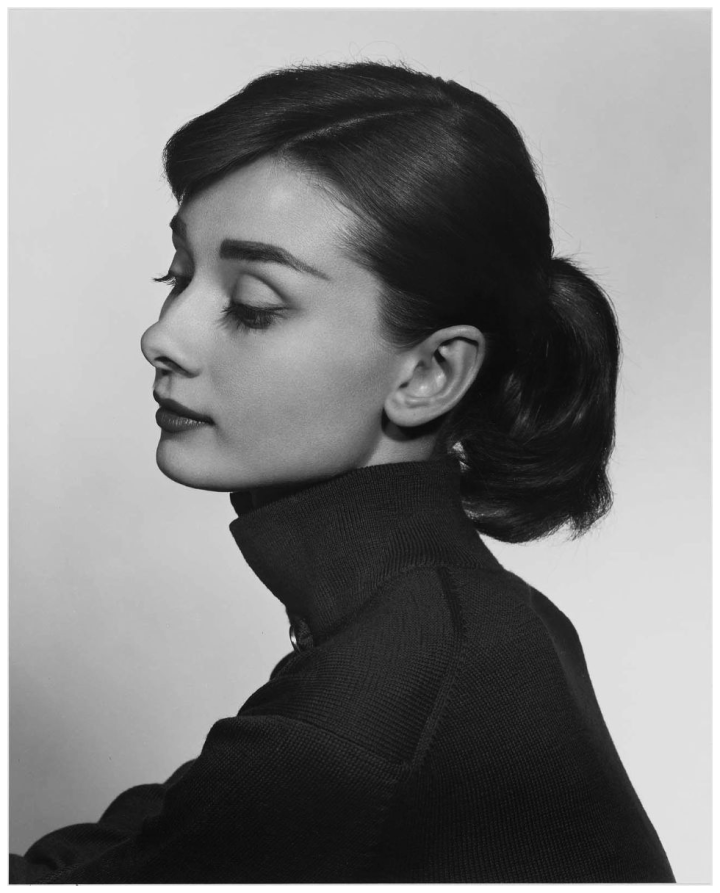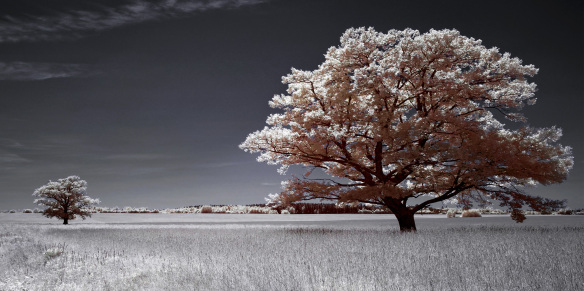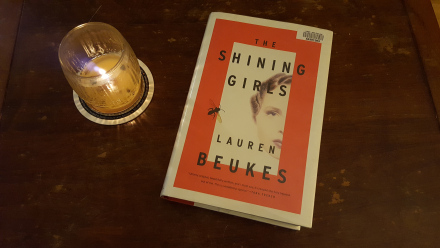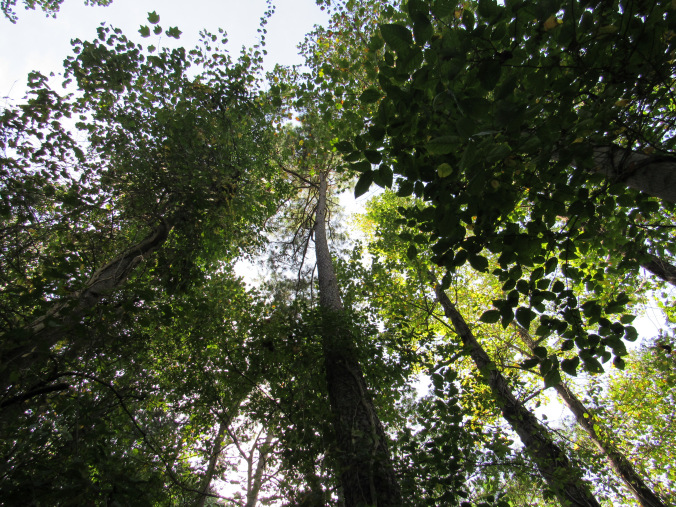
While reading Loren Eiseley’s The Unexpected Universe, I came across this line, “But, as scientists, we have sometimes forgotten that inward journey . . . that inward journey whose true meaning was long ago expressed by Circe’s warning . ‘Magic cannot touch you,’ she had said to Odysseus, but today we know that the heart untouched by the magic of wonder may come to an impoverished age.”
I could help but feel a sadness at the notion of a “heart untouched by the magic of wonder.” While we have developed technologically and scientifically, have we also declined in our sense of wonder? Do we get more excited about the latest iPhone release than we do the change of seasons? Of seeing the autumnal changes in leaves, as they transform into glorious golds and oranges and reds. Are we humbled or simply ho-hum about the night sky? Or can we even see the night sky anymore amidst our cities of light? “I think everyone in every culture has felt a sense of awe and wonder looking at the sky,” wrote Carl Sagan but will future generations find this quote unrelatable as they increasingly move from reality to virtual reality?
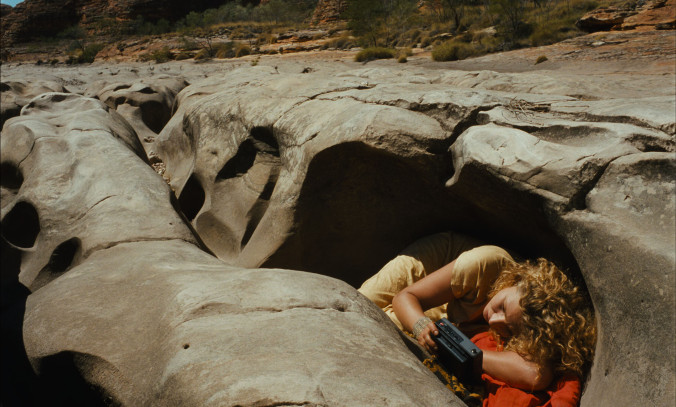
In Wim Wenders’ 1991 film Until the End of the World, am Farber (played by William Hurt) and Claire Tourner (played by Solveig Dommartin) who become addicted to watching their own dreams on a portable device that records them. I cannot help but think of how many are already in such a place with playing video games and cannot stop to leave this imagined world for the necessities of the real one (including eating) to the point where they are dying. Researchers have even found that, among kids 11 to 18, 45% said they prefer their online lives to their real ones. These kids are seeing their on-line world as detachable from the real world and that they explore online behaviors that they would never engage in their everyday real lives. I could not help but think how the magic of the natural world is unable to touch them; causing a real disconnect between youth and their environments.
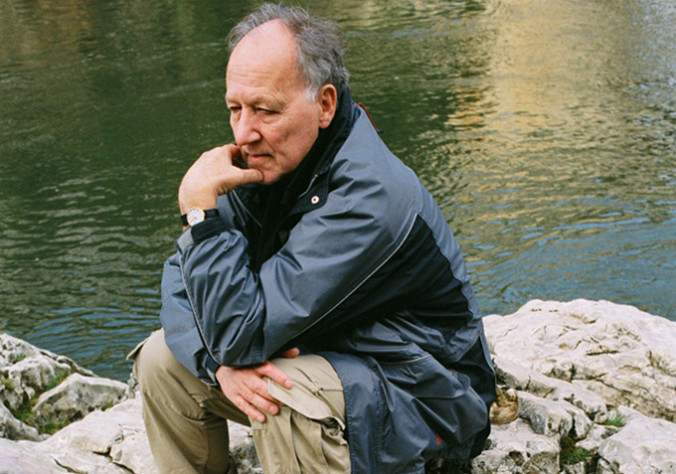
Filmmaker Werner Herzog once said of filmmaking, “It is not only my dreams, my belief is that all these dreams are yours as well. The only distinction between me and you is that I can articulate them. And that is what poetry or painting or literature or filmmaking is all about… and it is my duty because this might be the inner chronicle of what we are. We have to articulate ourselves, otherwise we would be cows in the field.” Herzog is a man of dogged curiosity who has made some of the most interesting and provocative documentaries of recent years (from Cave of Forgotten Dreams to Encounters at the End of the World to Into the Inferno).
In 2016, he made Lo and Behold, Reveries of the Connected World. In it, Herzog puzzles over and meditates on the nature of technology and what it means for humanity. Certainly he’s a man who likes to mull over subjects such as the nature of reality. In an interview with the New Yorker, he asked, “What reality is the cockroach at my feet in the kitchen experiencing? It is not my reality, we only share the same space.” Herzog uses film as a way of not only exploring the outer world but, more importantly, the inner one. When asked if virtual reality will be the next way to do this, he replied, “It’s not convincing yet. Short forms that I have seen look fairly convincing and fairly good, but I do not see a real, big form of expressing the state of our existence. It happens somewhere else. It happens, for example, on the Internet, which may become more autonomous. I can only express it in the form of a question. The Prussian war theoretician Clausewitz, in Napoleonic times, famously said, “Sometimes war dreams of itself.” Does the Internet dream of itself? That’s a big question. Now let me ask the Clausewitz question about virtual reality. Does virtual reality dream of itself? Do we dream or express and articulate our dreams in virtual reality? It remains to be seen.”
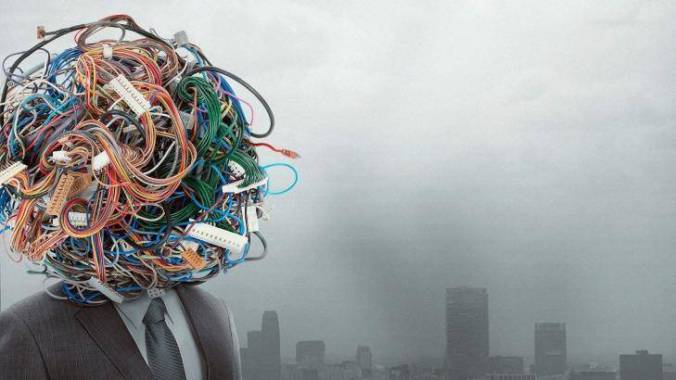
When asked if people won’t be able to explore the world better through virtual reality, Herzog characteristically replied, “I can say it only in a dictum: the world reveals itself to those who travel on foot. It is hard to explain to anyone who has not travelled on foot. And I mean travelling on foot, not backpacking or hiking or ambling along. I mean as we were made as humans to travel on foot, and sometimes very large distances, or as nomadic people. Strangely enough, the only time I got the feeling I was not caught in a virtual reality is when I traveled on foot.” (He once walked from Paris to Munich to visit a dying friend).
So often technology gives us facts and information, but is that enough? Werner Herzog once said, “Facts do not convey truth. That’s a mistake. Facts create norms, but truth creates illumination.” Illumination begins in wonder, in curiosity, in what Rabbi Abraham Heschel calls “radical amazement.” As he has written, “Our goal should be to live life in radical amazement. ….get up in the morning and look at the world in a way that takes nothing for granted. Everything is phenomenal; everything is incredible; never treat life casually. To be spiritual is to be amazed.”
I do not blame technology, as the reason for eclipsing our attitudes towards wonder, but I cannot help but consider that, in our search for the newest and latest gadget, we are more instilled with a sense of consumerism than we are with wonder?
Philosophy, science, the arts all begin in wonder. Wonder is often its own reward, as it opens up new doors and avenues of thought and creativity. Wonder is the seed and wisdom is the fruit that grows from it. Consider Dutch naturalist Jan Swammerdam, who studied closely the behavior of ants. By studying something so seemingly insignificant as ants, he concluded that one could “find miracles heaped on miracles and will see the wisdom of God clearly manifested in a minute point.” French author and scientist Bernard Fontenelle (praised for his intelligence and great mind by the philosopher Voltaire), wrote, “Nature is never so wondrous, nor so wondered at, as when she is known.”
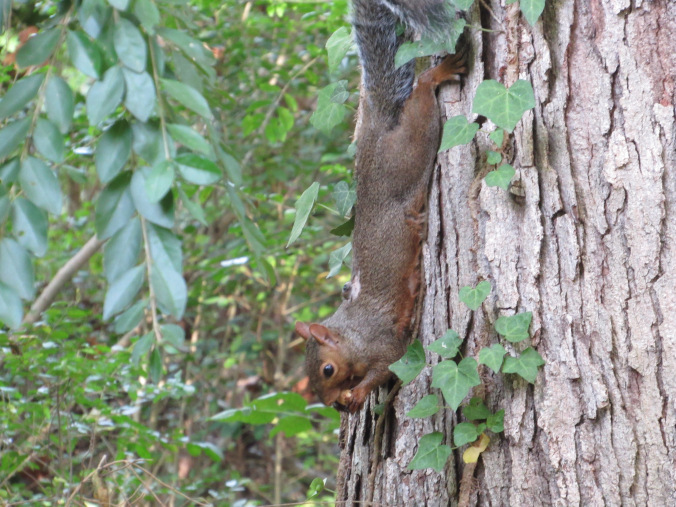
What wonders will we miss because we no longer see them? In her book Dark Matter and the Dinosaurs: The Astounding Interconnectedness of the Universe, Lisa Randall writes, “We often fail to notice things that we are not expecting.” How much more is missed because we have our earbuds in our ears, listening to music on our iPods, or we are looking at our phones instead of the very world around us?
The Transcendentalist Margaret Fuller wrote, “We need only look on the miracle of every day, to sate ourselves with thought and admiration every day. But how are our faculties sharpened to do it? Precisely by apprehending the infinite results of every day.
Who sees the meaning of the flower uprooted in the ploughed field? The ploughman who does not look beyond its boundaries and does not raise his eyes from the ground? No — but the poet who sees that field in its relations with the universe, and looks oftener to the sky than on the ground. Only the dreamer shall understand realities, though, in truth, his dreaming must not be out of proportion to his waking!”
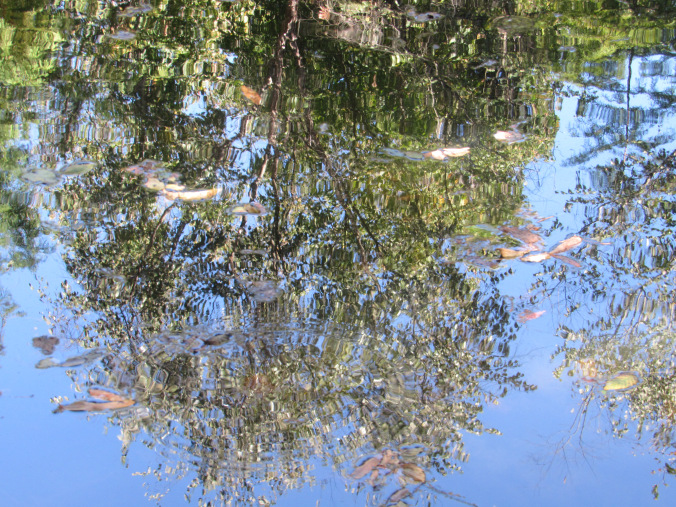
As I have written about before, I love taking walks with my younger son because, like myself, he likes to pause and see and listen. We often do not talk but one of us will hear something, stop and ask, “What was that?” Quietly, we investigate. Sometimes we spot a bird or a squirrel. On rare occasions, we spot a rabbit or a hawk.
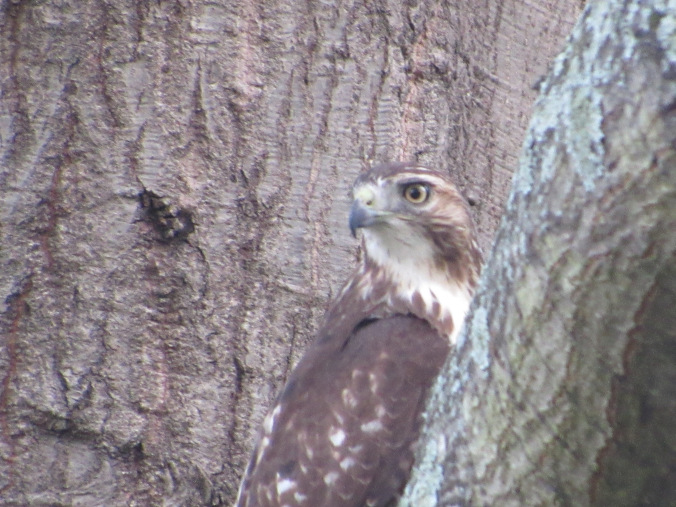
Even if we don’t see something as spectacular as a red-tailed hawk, we still find ourselves fascinated by mushrooms growing on a log. Taking a closer look at what’s around us, we discover that there is some sort of harmony to it all.
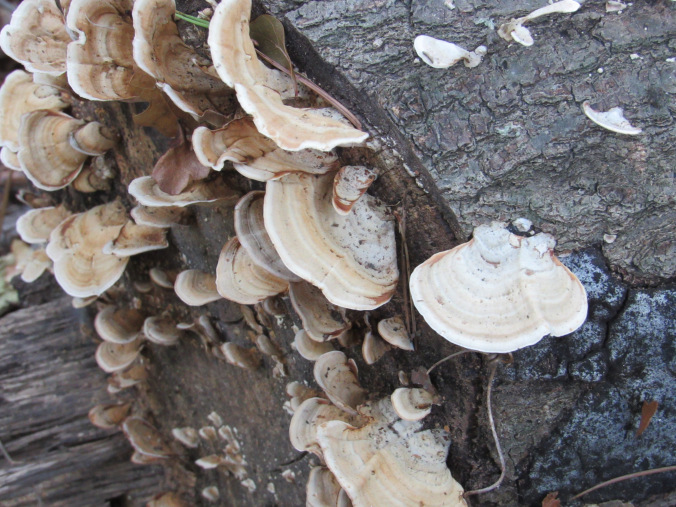
In her book The Sense of Wonder, Rachel Carson wrote, “It is a wholesome and necessary thing for us to turn again to the earth and in the contemplation of her beauties to know the sense of wonder and humility.” To turn again to nature, is to welcome delight. It is the thrill of spotting a turtle either sunning on a log or swimming in the waters of a pond. These moments are gifts. They inspire joy and a desire to learn more about those we share this planet with. Whenever we return home from our walks, my son and I look up online about the different trees or plants or animals or birds that we encountered.
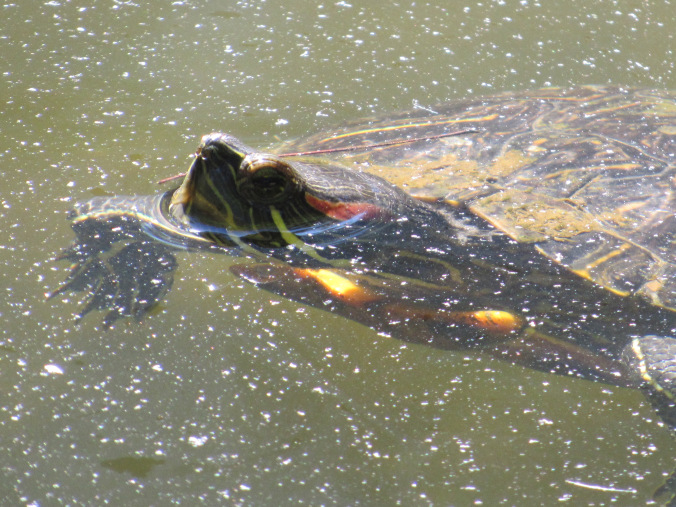 Curiosity and wonder lead to a much larger vision. They allow us to go beyond ourselves as we discover more about the world through microscopes and telescopes and exploration and questioning, as we see the interconnectedness of patterns within creation itself. I love how Lisa Randall asks, “When it comes to the world around us, is there any choice but to explore?”
Curiosity and wonder lead to a much larger vision. They allow us to go beyond ourselves as we discover more about the world through microscopes and telescopes and exploration and questioning, as we see the interconnectedness of patterns within creation itself. I love how Lisa Randall asks, “When it comes to the world around us, is there any choice but to explore?”
Our answer is always, “No!”
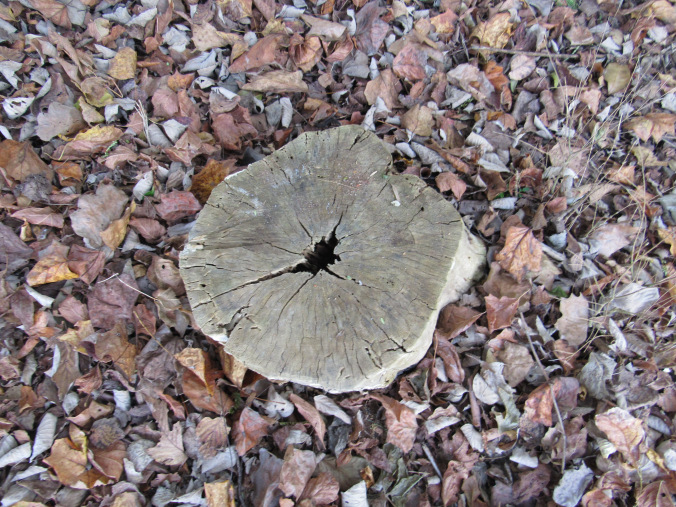
To see the world through wonder is to see it anew and clear-eyed. It is to be filled with awe and gratitude. Like in prayer, we often kneel to get a closer look at whatever we encounter. When we see a frog, we gasp as if we’d seen something out of a fairy tale that has enchanted us. It is magical. In talking about nature, neurologist Oliver Sacks said, “That’s what arouses those feelings of wonder and mysticism and gratitude in me.” And we, in these moments, understand what he’s saying.
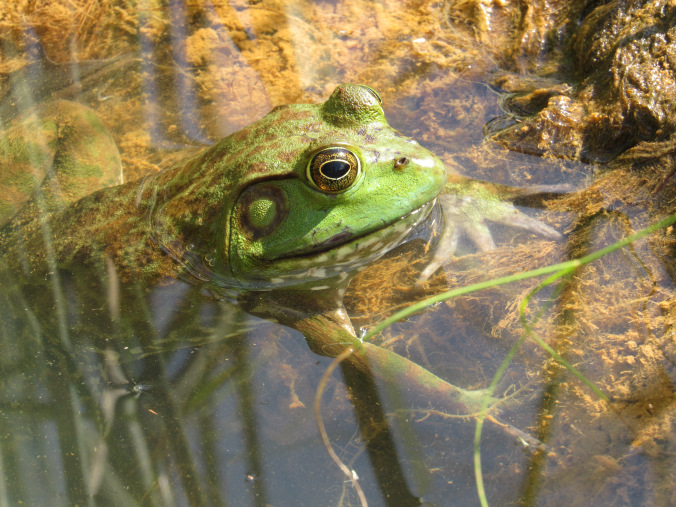
In his book Musicophilia, Oliver Sacks writes, “Every act of perception, is to some degree an act of creation, and every act of memory is to some degree an act of imagination.” Isn’t that a splendid notion? Every act of perception as an act of creation?
When we stop and drink in the beauty around us, we find ourselves renewed. We connect to our environment with a vivid and vibrant curiosity. It makes me agree with Richard Feynman when he said, “A knowledge of science only adds to the excitement and mystery and awe of a flower.”

What I have known ever since I was boy is that the woods are filled with wonder. When we go on our walks in nature, we enter the freedom to venture and discover. We find that we can say, as the poet Walt Whitman did in Leaves of Grass, “And as to me, I know nothing else but miracles”? How will we encounter such miracles if we do not unplug, do not leave our screens, disconnect from virtual reality and enter the glory and the grace and the magic of our wondrous world.
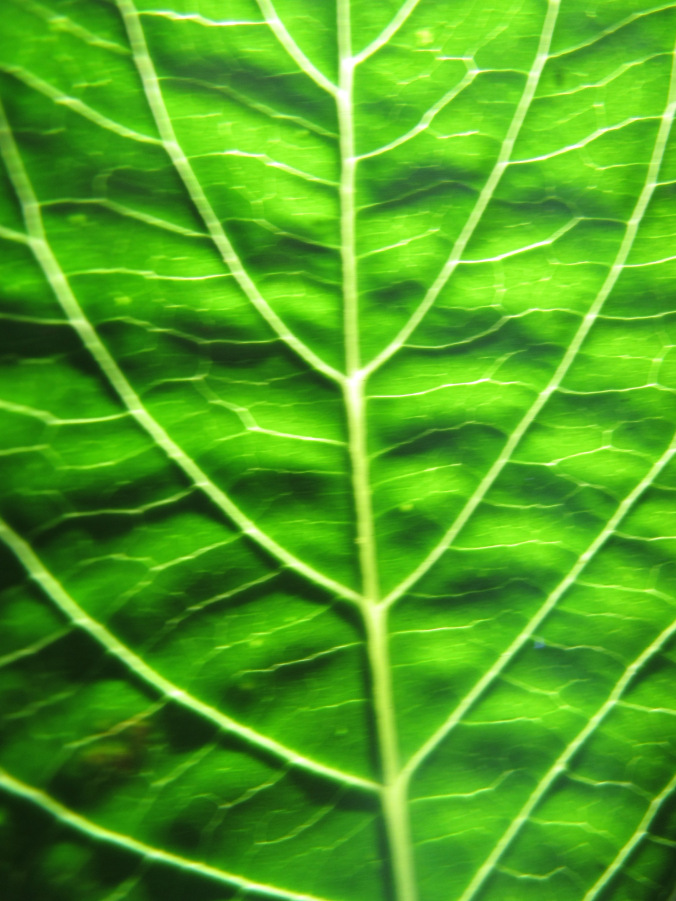
Advertisements Share this:


